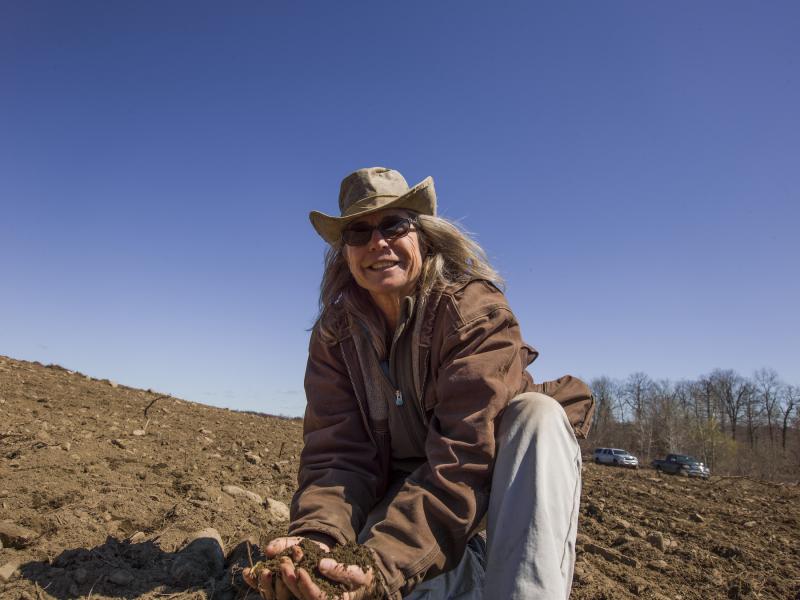
I am a seventh-generation family farmer in Milton, New York, in the Hudson River Valley. After graduating from Cornell with a B.S. pomology in 1982, I adopted an alive systems approach to farming, practicing organic and sustainable agriculture. Today, Hepworth Farms has 400 acres of NOFA-certified production land growing more than 400 varieties of organic vegetables.
The organic movement was successful in changing the way the agricultural industry operates. But the time has come to release ourselves from the tyranny of the label taking its valuable lessons and evolving beyond organic to create the safest, most ecologically, economically, and socially just agricultural system possible. Advances in biotechnology are a natural fit to meet the demand of the population for sustainably grown food.
The anti-GMO movement, while well intentioned, is a dangerous movement. Lack of understanding and fractious language has led to misinformation, fear, bad policymaking, and a two-party system in which organic is seen as good and conventional is bad. A hybrid of these two approaches is the way of the future. It is important to use applicable biotechnology, including GMOs, to protect our environment and advance human health; it will become imperative in order to feed the world in 2050. It’s our moral duty to use this technology for the good of the people and the planet.
That’s why the agricultural industry’s need for applied research and technology is greater than ever. Land-grant universities like Cornell need to invest in maintaining their applied research programs in order to find the solutions to the complex problems facing farmers today. When you educate conventional farmers on best farming practices, they are very quick to adapt. The land-grant university for the people, by the people is the institution to give independent merit to these advances.
